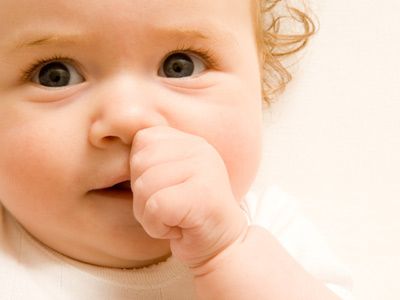Can people really change? If you troll the Internet with simple searches, you'll meet with a series of Web sites that offer encouraging plans for personal change. The problem is that most of these sites are operated by someone who's selling something, whether it's a self-help book or a series of audio CDs aimed at making you the best you can be. That's not to say that these programs or books aren't of value to some people. Many people undergo some form of self-help therapy and actually manage to make real change in their lives, whether it's to lose weight, quit smoking or make personality changes -- like "I want to be more assertive" or "I will no longer be treated like a doormat."
What's tougher to find are accurate statistics on change. Stats on quitting cigarettes, alcohol and drugs only represent quitting a habit, and they only prove that a set of individuals could make that one change. If you want an accurate assessment of whether change is really possible, a better question to ask than "Can you stop drinking?" would be "Can you fundamentally change your instinct to indulge in addictive behavior?" Sure, someone can quit smoking, but if that person yearns to smoke a cigarette every day until he dies, has that person fundamentally changed or simply ceased to engage in a particular behavioral pattern?
Advertisement
What does change really mean? All animals, including humans, are instinctual, and we may or may not be able to change it. You can probably think of instances in which people's instincts at least appeared to change. A new parent may lose the instinct to think of self first. Someone with trust issues may lose the instinct to run from a relationship once she finds the right person. If change means behavior as a collection of habits, then people are definitely capable of change. We'll look at some ways people have conquered habitual change on the next page.
Advertisement



